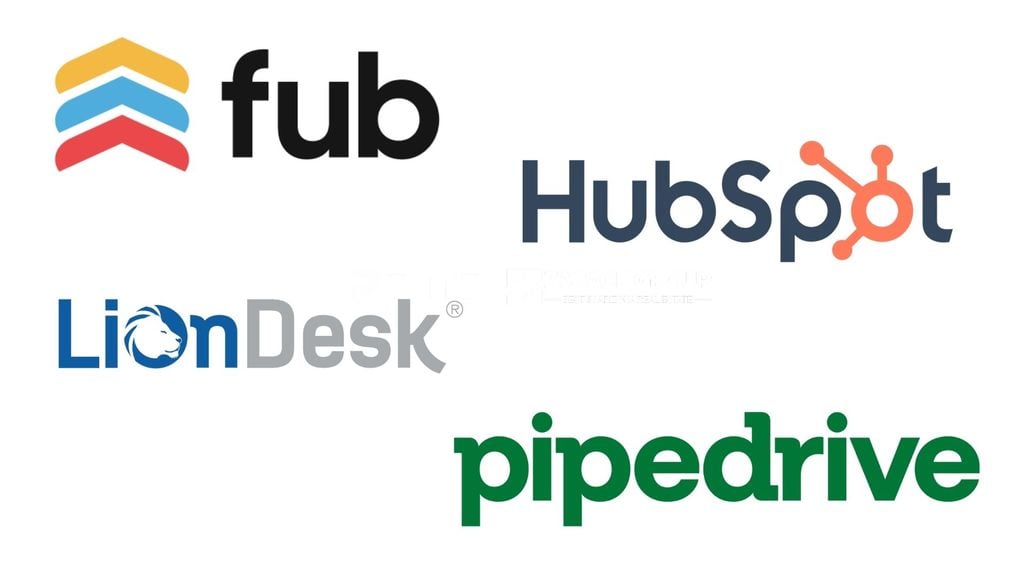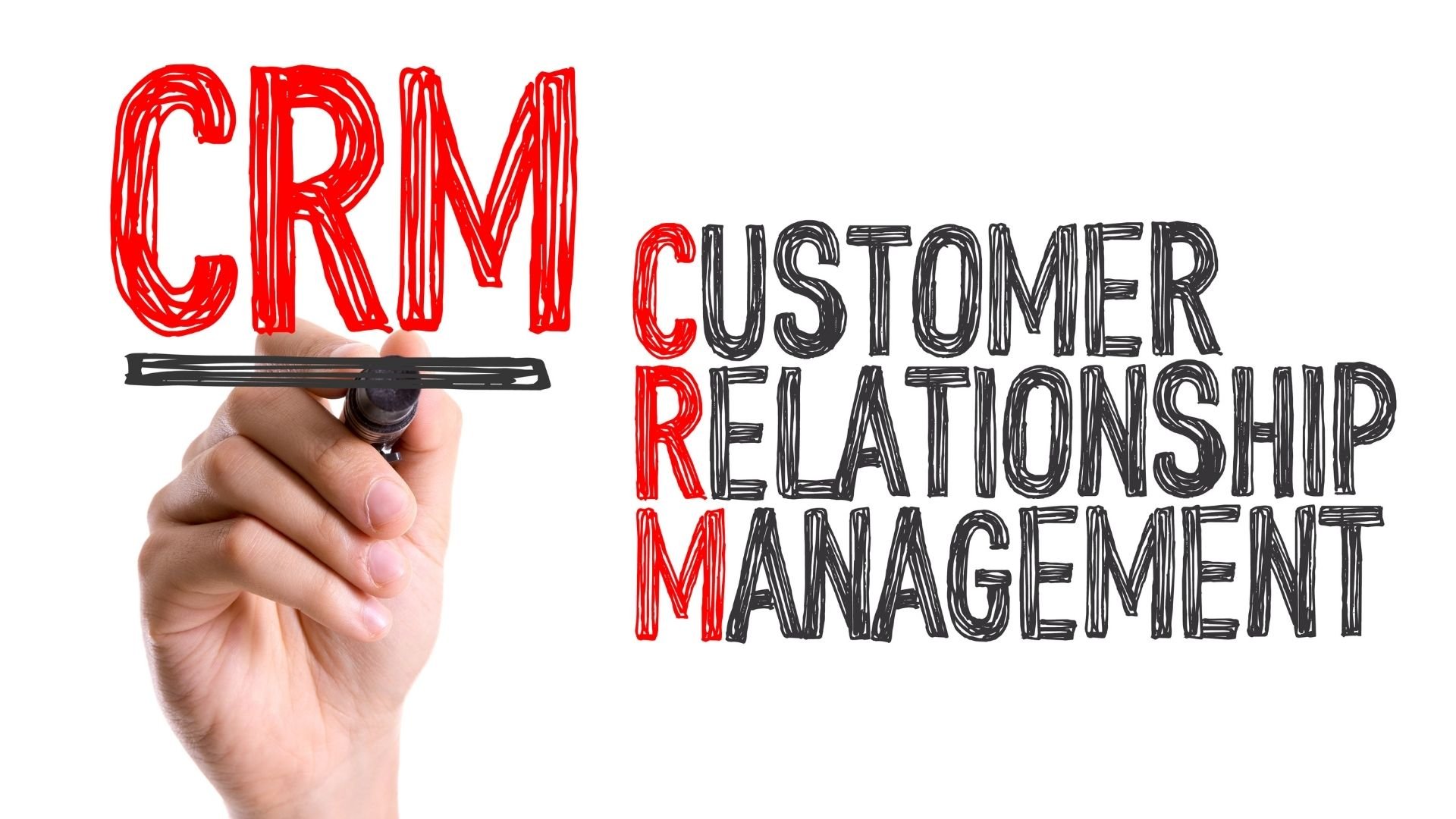Staying on top of client relationships and transactions is critical to real estate success. With numerous clients, listings, and deals in progress, managing everything manually can quickly become overwhelming.
This is where a real estate CRM becomes invaluable. It allows agents and brokers to efficiently manage client interactions, automate workflows, and improve communication, all in one centralized place.
By leveraging a CRM, real estate professionals can streamline their business processes, build better client relationships, and ultimately close more deals.
What is a Real Estate CRM?
A real estate CRM (Customer Relationship Management) system is a software tool designed specifically for real estate professionals to organize and manage interactions with clients, leads, and prospects. It centralizes data, automates follow-ups, tracks transactions, and enhances communication
CRMs make it easier for agents to nurture relationships and stay organized.
With a CRM, agents can store all client details in one place, from contact information to property preferences, and even track each interaction and communication.

This gives real estate professionals a full view of their pipeline and client status, helping them prioritize tasks and provide personalized service.
Key Features of a Real Estate CRM
- Lead Management: Easily organize and track leads based on their stage in the buying or selling process.
- Task Automation: Automatically schedule follow-ups, send personalized emails, and manage to-do lists to save time and stay on top of important tasks.
- Communication Tracking: Keep a history of client conversations, emails, and calls to ensure smooth and consistent communication.
- MLS Integration: Integrate your CRM with MLS systems to simplify property searches and listings.
Benefits of Using a Real Estate CRM
A real estate CRM provides numerous advantages for agents looking to grow their business and maintain strong client relationships. By automating and organizing day-to-day tasks, CRMs free up time for agents to focus on what matters most—closing deals and nurturing relationships.
Here are the key benefits:
- Improved Lead Management: Automatically organize leads by their stage in the buying or selling process, ensuring no potential client slips through the cracks.
- Automated Follow-Ups: Schedule check-ins and reminders to reach out to leads at the right time.
- Better Organization: Store all your client information, property preferences, and interaction history in one place, making it easy to access when needed.
- Increased Productivity: By automating time-consuming tasks like sending emails and managing to-do lists, agents can focus more on selling homes and meeting clients.
- Enhanced Communication: Keep track of every interaction with clients, whether it’s through calls, emails, or meetings, allowing for smoother communication and fewer misunderstandings.
- Accurate Reporting: Real-time data and analytics let agents track their progress, monitor deal pipelines, and adjust strategies based on performance.
Manual Tracking vs. Real Estate CRM: Key Differences
Before CRM systems, agents often relied on manual tracking methods like spreadsheets, notes, and calendars. While these methods can work for small operations, they quickly become inefficient as the business grows.

Here are the key differences between manual tracking and using a real estate CRM:
- Efficiency: Manual tracking requires agents to manually input data and manage follow-ups, leading to missed opportunities and wasted time. A CRM automates these processes, saving time and ensuring nothing gets overlooked.
- Scalability: As your client base grows, manually tracking leads and interactions becomes more challenging and prone to error. A CRM easily scales with your business, allowing you to manage hundreds of clients as efficiently as a handful.
- Data Accuracy: With manual tracking, data can become outdated or misplaced. CRMs keep all data up-to-date and stored securely, accessible from any device.
- Task Automation: CRM systems automate repetitive tasks like sending follow-up emails, scheduling appointments, and tracking client interactions, whereas manual tracking requires constant attention and input.
How to Choose the Right CRM for Your Real Estate Business
Choosing the right real estate CRM can improve your efficiency and productivity. With so many options available, choosing a CRM that aligns with your business needs and goals is important.

Here’s how to decide:
- Ease of Use: Look for a CRM that is intuitive and easy to use. Complicated systems can slow you down, so choose a platform with a clean interface and simple navigation.
- Customization: Your business is unique, so your CRM should be customizable to fit your specific processes and workflows. Make sure you can tailor the system to your needs, such as adding custom fields or automating specific tasks.
- Integration Capabilities: Choose a CRM that integrates with your existing tools, such as your MLS, email, and social media platforms. This allows for seamless data sharing and improved efficiency.
- Automation Features: Look for a CRM with strong automation features. Being able to automatically schedule follow-ups, send reminders, and manage your pipeline saves time and keeps you on track.
- Mobile Accessibility: Real estate agents are always on the go, so having a CRM that is accessible from any device, including mobile phones, is critical. Ensure the CRM has a strong mobile app or mobile-friendly interface.
- Cost: Different CRMs have various pricing models. Some offer free versions with limited features, while others charge monthly fees. Consider your budget and whether the CRM’s features justify its cost.
Steps to Implement a CRM in Your Real Estate Business
Implementing a real estate CRM successfully requires careful planning and a step-by-step approach to ensure you and your team maximize its potential. Here are the key steps:
- Assess Your Needs: Before choosing a CRM, evaluate your business processes and what you aim to achieve with the CRM. Do you need better lead management, task automation, or improved communication tracking? Identifying your needs will help you select the right features.
- Select the Right CRM: Based on your business needs and budget, choose a CRM that aligns with your goals. Look for options that offer scalability, integration with MLS systems, and customization features. A couple of the top options include Follow Up Boss and LionDesk.
- Data Migration: If you’re switching from manual tracking or another CRM, ensure all your client data is properly transferred into the new system. Most CRM platforms offer tools or support to help with data migration.
- Customize the CRM: Tailor the CRM to suit your workflows. Add custom fields, set up pipelines, and create automated tasks and reminders that fit your daily operations.
- Train Your Team: To make the most of your CRM, it’s essential to train your team on how to use it effectively. Invest time in demonstrating the key features and functions that will benefit your team’s productivity.
- Set Up Automations: Automate repetitive tasks like follow-ups, appointment scheduling, and data entry. This saves time and ensures nothing slips through the cracks.
- Monitor and Optimize: Once the CRM is in place, regularly review its performance. Use the reporting and analytics features to track progress, identify bottlenecks, and make adjustments where necessary.
Maximize Your Real Estate Success with a CRM
A real estate CRM is no longer a luxury. It’s a necessity. Take the time to assess your business needs, choose the right CRM, and follow a step-by-step plan to implement it successfully. With the right system in place, you can maximize your real estate success and grow your business like never before.
For more insights into improving your real estate business, contact SPACE to see how we can support your growth!



